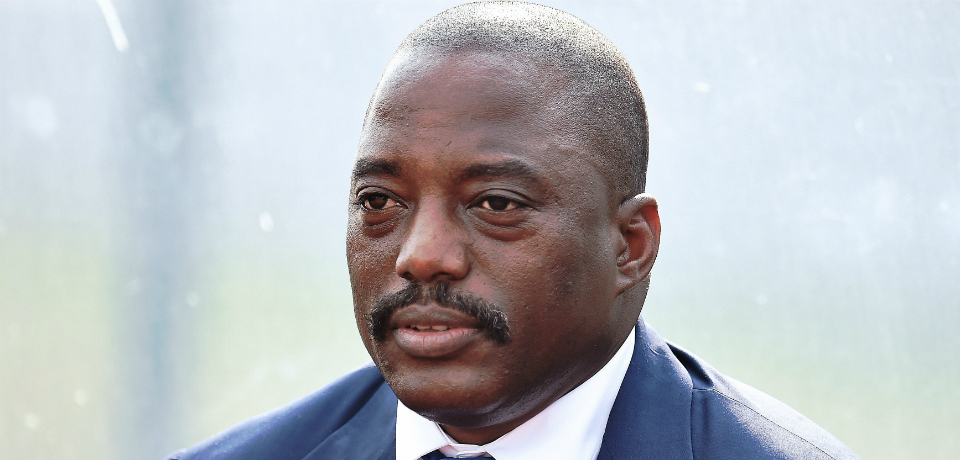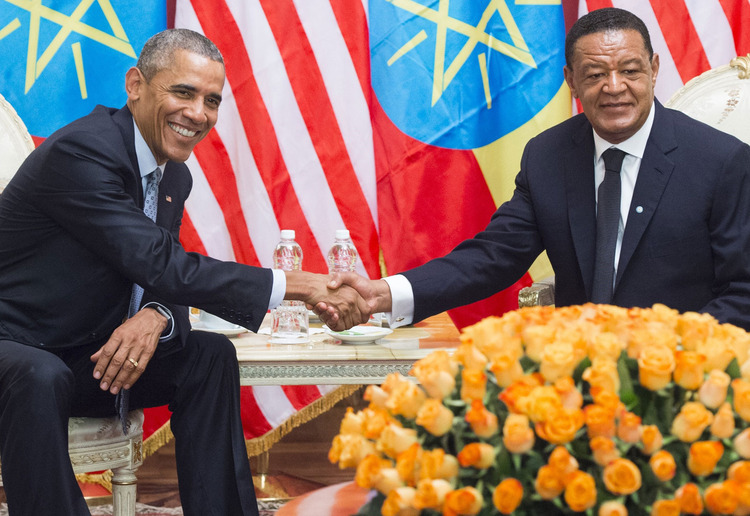So Mercer, the reputed global research body, released its 2015 Cost of Living Rankings which names the most (and least) expensive cities in the world for “expatriate employees”. This year, as in the previous two years, the Angolan capital city of Luanda has stubbornly held on to its somewhat paradoxical title of most expensive city.
The research takes into account a wide selection of goods and services usually paid for by expats. What this means is that if you leave your home country to work in Luanda (with expat privileges – not migrant worker honours), you will most likely, break the bank to get access to decent housing, security, transport, burgers and jeans.
It’s almost difficult to understand but it’s true. According to the findings, a cup of coffee would set you back around £3 ($4.80) – which is pretty tame, depending on where you decide to get your caffeine fix. However, a burger can take you to the cleaners with an average price of about £12 ($19.00). 
This is not not to mention the astronomical prices of rent where an unfurnished two bedroom apartment can cost just over £4,000 ($6,300) per month.

Well, firstly, one of the biggest factors is that many foreign nationals want to do business there because of the country’s vast mineral and commodities’ wealth. Secondly, as the country still struggles to play catch-up with the rest of the world after a 27-year long war ended 13 years ago. This has resulted in accelerated construction, hoisting prices sky-high through gentrification and a lopsided supply-demand scale.
The country’s roads infrastructure also suffered from the post-independence civil war which further drives up consumable goods of which 80% have to be imported.
Seemingly, or predictably, this rapid growth has not really reached much of the country’s local inhabitants. According to the BBC, an estimated half of Angolans live on less than $2 a day. This sprawling figure adds frightening insight to figures by a country where, according to Lula Ahrens, 2.5% of the country’s inhabitants are “extremely rich” and 75 – 85% live in slums.
Angola, however, is not the only African state on the list. Sitting pretty at 10th place is N’djamena, the capital city of the west African nation of Chad. The bottom 10 of the 207-city-strong list has also two African representatives in the cities of Cape Town (South Africa) and Windhoek (Namibia).
View the Mercer video report below:



